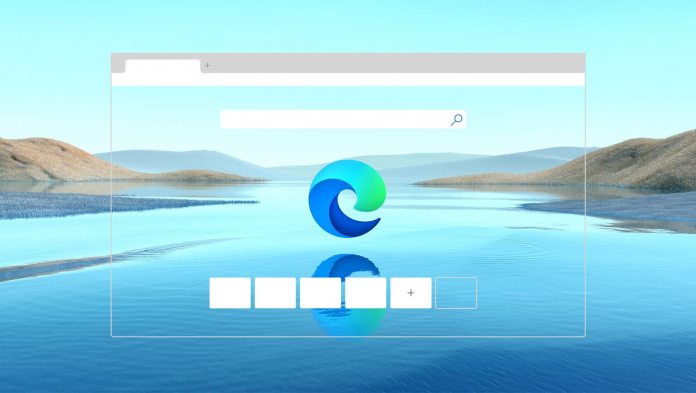Microsoft Edge is receiving a new update for its browser extensions service this week. With new APIs, the browser is adopting “Manifest V3,” which are updates Google first announced way back in October 2018. Of course, Edge shares Google’s Chromium engine with Chrome these days. Microsoft says the browser won’t adopt the most controversial aspects of the API.
Manifest V3 changes the way in which browser extensions work on browsers. Other Chromium-based services, such as Brave, Opera, and Chrome already support the API. Microsoft Edge is the latest to adopt it.
Google insists Manifest V3 is meant to boost browser extension performance, improve security, and give users more management options for extensions. Many developers were unhappy with the API because they found it also prevents the use of ad blockers.
It’s safe to say Manifest V3 has been controversial and was attacked by extension developers and users. Considering it came from Google, the API was seen as a tactic from a company driven by ad revenue to remove ad blockers from browsers.
Opera and other Chromium browsers said they would not install Manifest V3 updates, which meant users could continue using ad blockers. Google’s response was to roll back some features of the API. Still, some developers believe when manifest V3 reaches a stable version is will harm how ad blockers function.
Edge Adoption
So, how does this translate to Microsoft Edge? Well, Microsoft is now adopting Manifest V3. The company says the changes will not impact ad blockers on the browser.
“We recognize the value of content blocking extensions and appreciate the role they play in honoring user’s choice by blocking advertisements and enhancing privacy by blocking cookies and we want developers to continue to offer these capabilities,” the Microsoft Edge Team said today.
“After an extensive review of the concerns raised by content blockers and the community, we believe that a majority of those concerns have been resolved or will be resolved before Web Request API is deprecated.”




